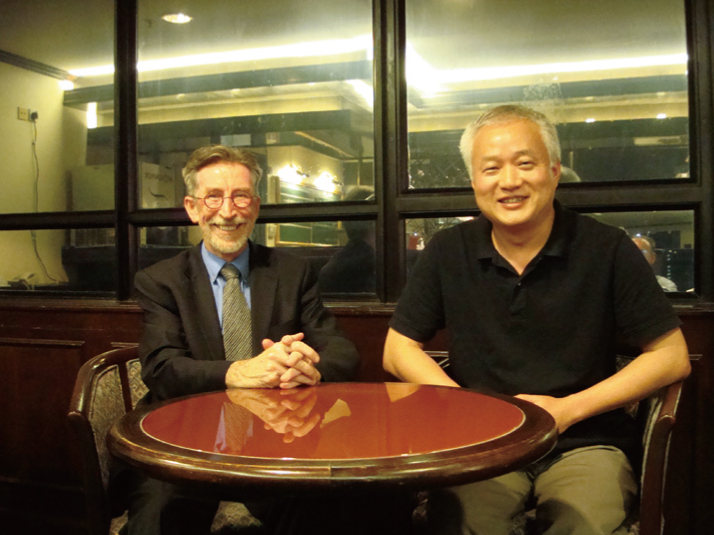The project has generated three major
findings. First, the legal profession is a progressive force in building the rule of
law and limiting government power. While there are valid criticisms that Chinese legal
profession is profit-driven and cares little about issues beyond its narrow professional
interests, a sizable group of lawyers in China has demonstrated deep concerns for the rule
of law, human rights and political reform. Facing inequality in society and
misuse/abuse of power on the part of the government, these lawyers find themselves strongly motivated
to act to protect public interest through law. Lawyers rely principally on litigation strategies
to channel grievances and disputes to the legal system. However, they also actively
reach out to NGOs and the media to create and shape public opinion. Energized public
opinion can, in turn, decisions-making. In that sense lawyers are activists and constantly move
between the court of law and the court of public opinion.
The second finding is that certain activist lawyers have a tendency become more
radical – and eventually become politically active. Once engaged in public interest
lawyering, lawyers enmesh themselves in the worthy project of socio-legal activism and the level of
engagement with the government deepens. Initially lawyers deal with moderate social
justice issues, such as consumer protection cases, which are not politically sensitive.
Encouraged by the initial success, numbers of lawyers move on and start to take on cases
which are more politically sensitive. Sooner or later they face the political system directly, a
system that is beyond law. In the process of moving from the political periphery toward
the core, such lawyers transform themselves, and as the time goes by, they become more
critical of government politics and pose greater challenges to the political system.
|
|

Prof Fu Hualing (right) and Prof Richard Cullen
This brings us to the third finding. The
government evolves and adapts at a much
slower pace than lawyers want. The sad
truth is that as long as the system remains
largely unchanged, radicalization continues.
A few lawyers, with the support of a larger
community, will rise to challenge the political
system. Fundamentally, the litigation-based
strategy is limited as a means to improve the
rule of law in an authoritarian system. The
regime tolerates or even promotes a degree
of rule of law to promote economic efficiency,
to solve certain agency problems, and to offer greater legitimacy for the regime. But, when
the promotion of rule of law poses a challenge
to the regime (as it is bound to happen) the
regime will strike back.
Prof Fu Hualing
Department of Law
The University of Hong Kong
hlfu@hku.hk
|
